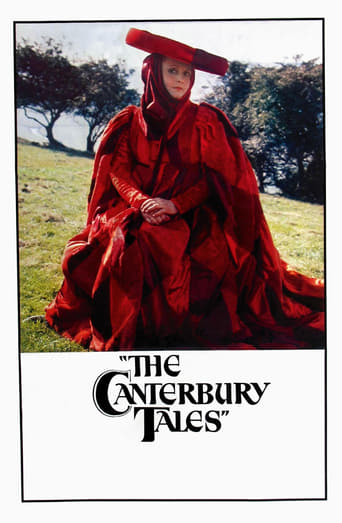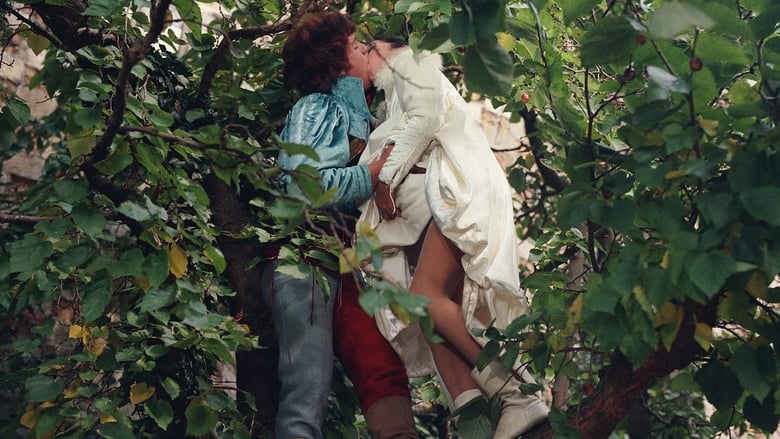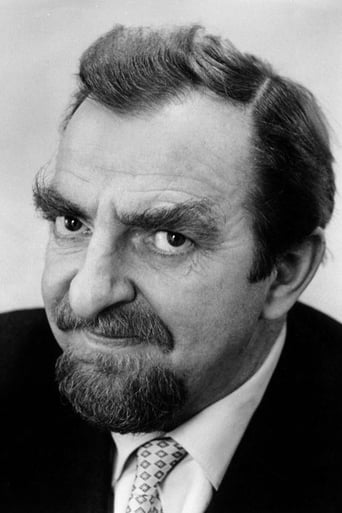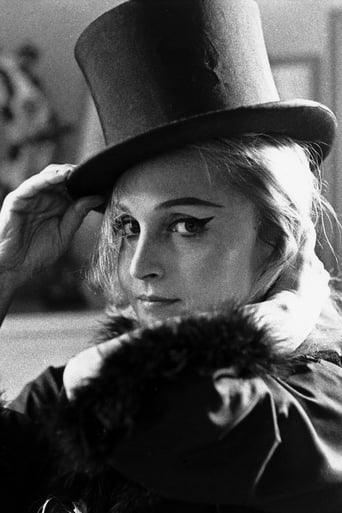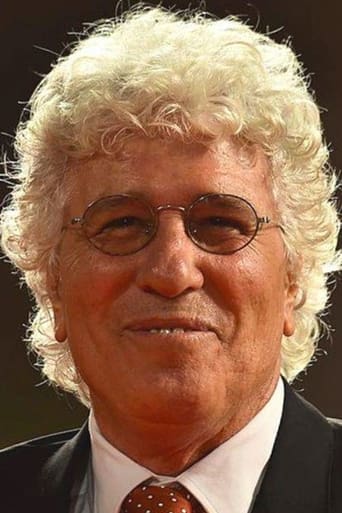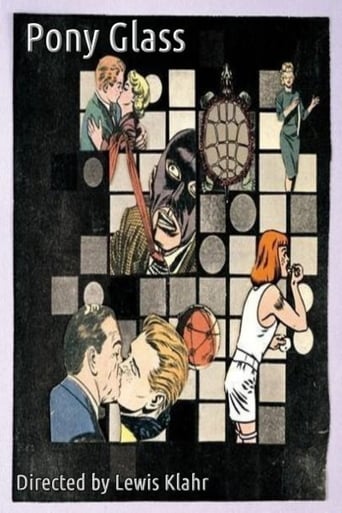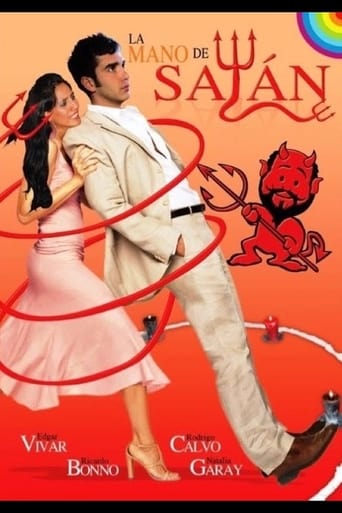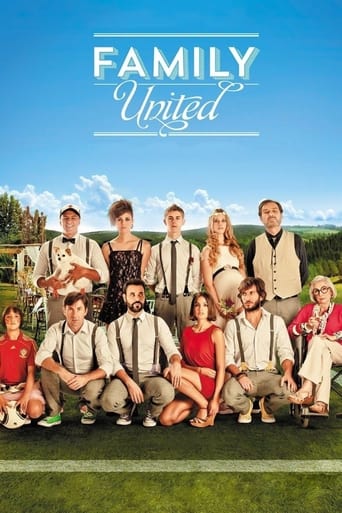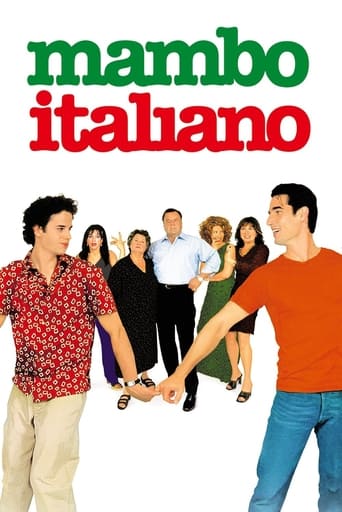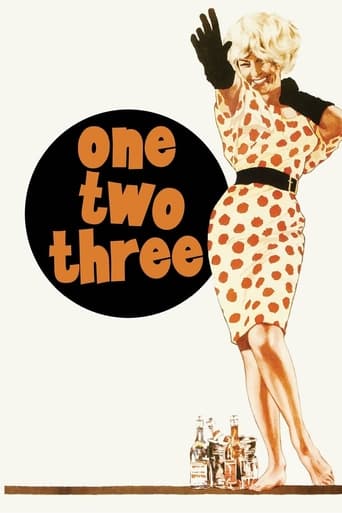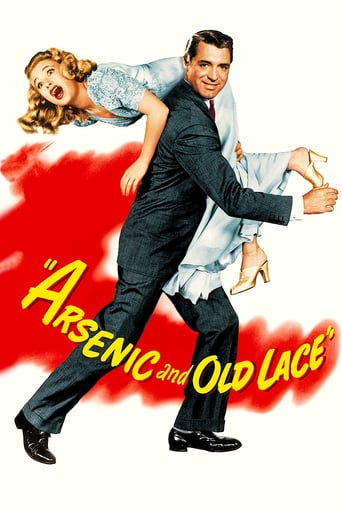The Canterbury Tales (1979)
Glimpses of Chaucer penning his famous work are sprinkled through this re-enactment of several of his stories.
Watch Trailer
Cast


Similar titles
Reviews
Wow! Such a good movie.
Good movie, but best of all time? Hardly . . .
The film makes a home in your brain and the only cure is to see it again.
Blistering performances.
If the Canadian actor John McLaren died in 1970 then he couldn't have been in this film in 1972
The last scene of Pasolini's wondrous Canterbury Tales emphasizes the narrative as an end in itself - "here end the Canterbury tales, told only for the pleasure of telling them" - and this reflects the film's sense of joyous tumble, one narrative often almost subliminally moving into another. But there's also something relentless about it, a feeling of people lacking in any real agency over themselves, as puppets of their own desires, as tools of those whose desires are stronger than their own, of the corrupt authorities, of the angels and devils which the film occasionally depicts as walking among the living. There's carnal overdrive and naturalistic nudity galore, and of course the film carries an erotic charge, but one that leads time and again to humiliation, misery, betrayal, pain, or death, and ultimately even beyond that, to one of the most tangible visions of hell ever put on film. The film is a triumph not so much of casting in the usual sense, but of human placement - an astonishing canvas of flesh and faces, suggesting people torn directly from the Medieval earth (the matchless English-language soundtrack, if you choose that option, adds considerably to this sense, when not evoking Monty Python, not that I'm saying that's a bad thing); and whether or not the various settings are historically accurate, they likewise feel discovered rather than created. At the same time, there's no doubt we're watching a work of extreme stylization, and not just in the episode that happily channels Charlie Chaplin; characters generally seem to be addressing the camera, or the void beyond it, more than each other. Which leads back to the movie's sense of desperation, that few of its possessed characters expects more from their compulsive screwing than the most fleeting of releases. The classification of the film as part of a "trilogy of life" seems, to say the least, ironic.
Pasolini follows up "The Decameron" with this adaptation of several of Chaucer's stories. Like the proceeding film, this is an extremely earthy and bawdy adaptation of the material, celebrating life's pleasures and castigating authoritarian hypocrisy. This film is mildly inferior to "The Decameron", although it's high points, including an extended homage to Chaplin and an amazing vision of hell, are higher.
The settings and costumes were period perfect--it's too bad, really too bad that this movie suffered from such bad editing and terrible acting. The Canterbury Tales is a collection of separate stories full of humor, puns and sexual escapades. The movie manages to capture the humor and sexual escapades including lots of full frontal nudity for both sexes, and the "appearance" of numerous sexual acts (though it's not pornography) but there is nothing to hang the different stories together, and little effort to even make the individual tales have any kind of coherence (especially as they quote from the stories in Middle English. This was an admirable project but it fails in terms of any real cinematic value. It's a shame, I really wanted to like it, and as so many say, the settings and the costumes truly reflect the period, and were the best parts of the movie. The worst part is the acting--but if you've read the stories and are interested in the period, the movie is worth watching, and you may appreciate the humor--it does reflect the Middle Ages in all of it's rudeness and lust for life (if anything the movie tones it down for modern audiences)---just don't expect much more than that.

